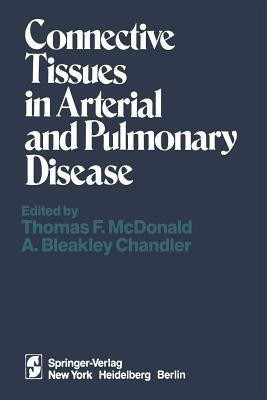Connective Tissues in Arterial and Pulmonary Disease(English, Paperback, unknown)
Quick Overview
Product Price Comparison
The processes of distention and recoil have an essential role in the functions of arteries and lungs. In both organ systems, these processes involve to a great extent the connective tissues, in particular the manner in which the extracellular materials are arranged to afford such movements. This book concerns the microenvironment of the connective tissues in the walls of arteries and the stroma of lungs. Proteoglycans, collagen, and elastic fibers and their interrelationships are discussed by eight scientists who are established researchers in this area. Their reports include important findings on how this microenvironment is altered in diseases such as atherosclerosis, emphysema, and pulmonary fibrosis. The concepts developed result from studies at the biochemical, macromolecular, ultrastructural, and light microscopic levels. Taken col- lectively, the reports focus attention upon the role of the connective tissues in arterial and lung distensibility and how alterations in the connective tissues result in the loss of this function. Medical researchers and physicians interested in arterial or lung functions or diseases will find the scientific approaches and findings of the authors innovative and provocative. Students of stereologic morphometry will be particularly interested in the quantitative studies of cells and fibers in arterial walls; histologists and pathologists will find the chapter on histochemical staining interesting from both a scientific and historic viewpoint.


